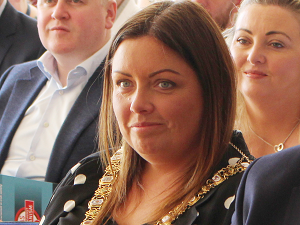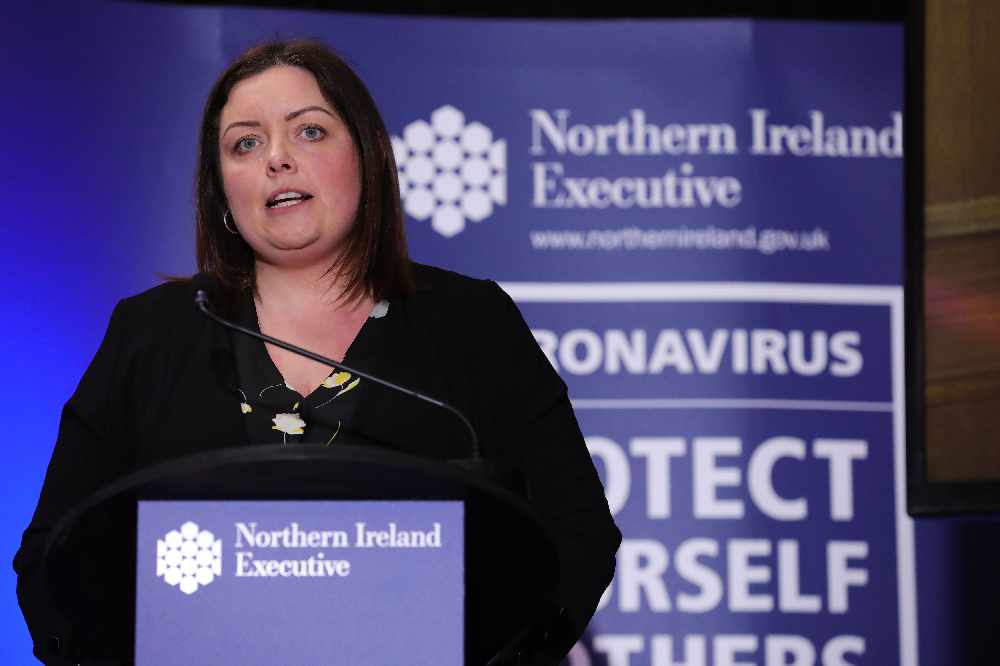
By Q Radio news
Communities Minister Deirdre Hargey has confirmed that payments to protect people from the ‘bedroom tax’ and Tory government welfare cuts will be extended for a further three years.
The extension closes existing loopholes on the ‘bedroom tax’ and benefit cap and provides financial support to low-paid workers, families and vulnerable people.
Executive ministers met this morning to consider the extension after an apparent breakthrough in a long-running stand off between Sinn Fein and the DUP on the proposed continuation of top-up payments for those claimants who lost out as a consequence of UK Government welfare reforms.
The Communities Minister had proposed the permanent extension of top-up mitigation payments for those affected by the so-called bedroom tax.
The DUP had wanted the measures to be time limited and subject to a review in a number of years.
Around 40 previous attempts by Ms Hargey to get her proposed legislation on the Executive agenda for decision were blocked by the DUP.
It is understood her regulations now include an end date of March 31 2025 with a statutory obligation to review the measures ahead of that point in the 2024/25 financial year.
Communities Minister announces welfare protections extension.https://t.co/lQ8Q0heZId
— Q Radio News (@qnewsdesk) November 15, 2021
Minister Hargey said: "This ensures that low-paid workers, families and vulnerable people will continue to be protected from the ‘bedroom tax’ and the effects of Tory government welfare cuts.
"It will also close loopholes, meaning that over 600 families with children who are denied payments, will receive them.
"In the face of increasingly tough economic conditions and a cost-of-living crisis facing low-paid workers and families, this is a really positive move."
In 2015, Stormont ministers committed to a £500 million package of mitigations to supplement the benefits of claimants losing out as a consequence of UK Government welfare reforms.
The measures were temporarily extended in March 2020, at a cost of £23 million per year, after Stormont parties committed to the move in the New Decade, New Approach deal that restored powersharing.
The bedroom tax, known as the spare room subsidy, results in a reduction in housing benefit for claimants who have one or more spare rooms in their social homes.
 (Deirdre Hargey)
(Deirdre Hargey)


 Education Authority boss hits out at criticisms of public services
Education Authority boss hits out at criticisms of public services
 Man in 90s dies following Co Down road crash
Man in 90s dies following Co Down road crash
 Police to increase patrols after second incident of shots being fired in Belfast
Police to increase patrols after second incident of shots being fired in Belfast
 Woman charged over theft of campaigner’s car ‘must stay out of Belfast’
Woman charged over theft of campaigner’s car ‘must stay out of Belfast’
 Bluetongue restrictions in Northern Ireland will be relaxed from Friday
Bluetongue restrictions in Northern Ireland will be relaxed from Friday